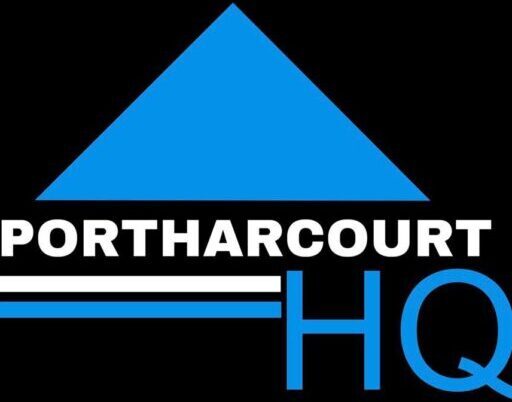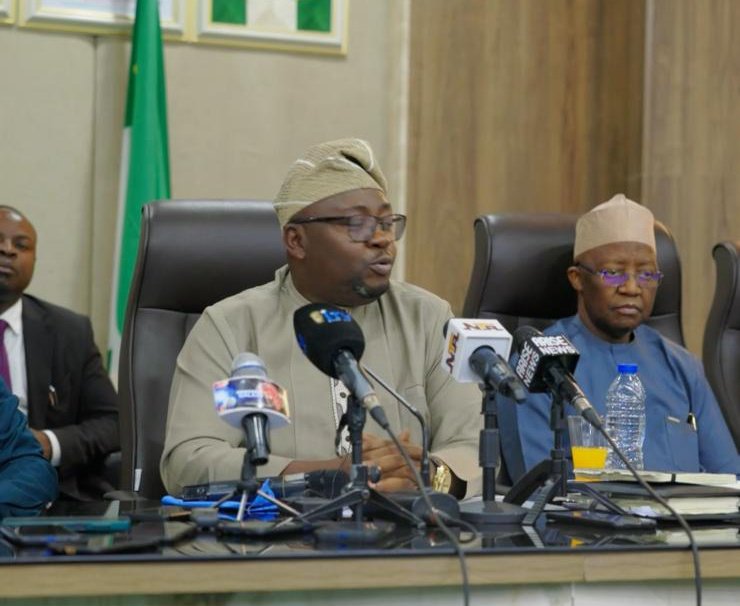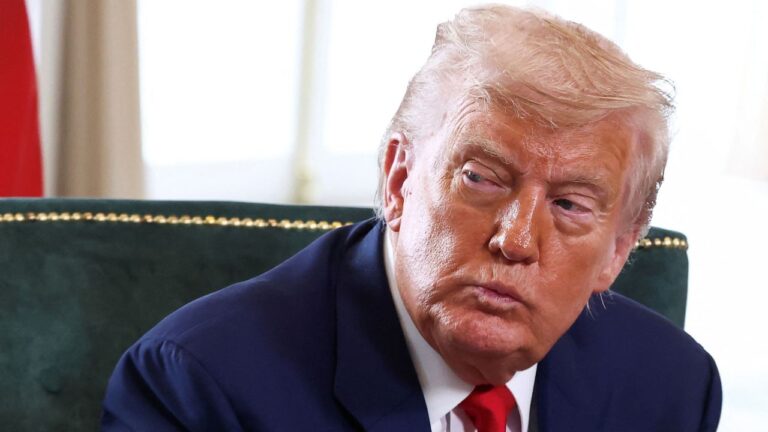Nigeria’s Minister of Power, Adebayo Adelabu, has openly expressed profound dissatisfaction with the performance of electricity distribution companies (DisCos) within the Nigerian Electricity Supply Industry (NESI), labeling their efforts as “disappointing” and a significant hindrance to improving the nation’s power supply.
Speaking at a two-day retreat organized by the Senate Committee on Power, Minister Adelabu highlighted chronic underinvestment in distribution infrastructure as the primary culprit, crippling service delivery nationwide despite significant reforms in the electricity sector. A statement from his Special Adviser, Bolaji Tunji, quoted the Minister as revealing glaring disparities in DisCo performance, citing aging networks, rampant electricity theft, and poor investment as factors deepening reliance on unsustainable subsidies and leaving millions of Nigerians in darkness.
“We need to get tough with the DisCos, as they can easily frustrate all the gains we have made. They have disappointed us in performance expectations,” Adelabu asserted. “Whatever we do in generation does not mean anything to consumers if it is frustrated at the distribution points.”
The Minister recalled that the 2003 sector restructuring mandated DisCos to have technical partners, a requirement many seemingly fulfilled for a fleeting three months post-takeover before these foreign companies departed. He lamented that many DisCos opted to secure bank loans to acquire assets, subsequently diverting funds to service these loans instead of investing in crucial infrastructure.
Despite recent tariff adjustments that boosted market liquidity by 70% – increasing sector revenue from ₦1 trillion in 2023 to ₦1.7 trillion in 2024 – the distribution segment remains the weakest link. Adelabu pointed to stark regional disparities in remittances; in the fourth quarter of 2024, Northern DisCos remitted only ₦124.4 billion (30%) of their ₦408.86 billion invoice, with Abuja DisCo accounting for a significant 85% of those payments. Southern DisCos performed marginally better, remitting ₦254.6 billion (67%), though 70% of this came solely from Lagos DisCos, illustrating the impact of dilapidated infrastructure outside economic hubs.
Addressing the critical metering gap, which fuels revenue loss and consumer distrust, the Minister noted it underscores systemic neglect. He revealed the government has launched a ₦700 billion Presidential Metering Initiative (PMI) and a World Bank-backed program aiming for 4.3 million meters by 2025, with 75,000 units deployed in April 2024 and an additional 200,000 expected in May. “Closing this gap is fundamental to fair billing and financial sustainability,” Adelabu acknowledged, “but we are not there yet due to underinvestment and operational inefficiencies.”
The sector also grapples with a colossal ₦4 trillion subsidy backlog owed to generation companies, with ₦1.94 trillion accumulated in 2024 alone. With monthly subsidy shortfalls now reaching ₦200 billion, the Minister warned that maintaining current tariffs is “unsustainable” and strains public funds vital for infrastructure upgrades.
To salvage the sector, Adelabu announced impending restructuring of underperforming DisCos and stricter enforcement of performance benchmarks. He stressed that without urgent capital injection into distribution networks, improvements in generation – including a historic 6,003MW output in March 2025 – and transmission upgrades, such as 61 new transformers deployed in 2024, will not translate to reliable household supply.
The Minister also outlined plans to attract private investment into grid infrastructure and regionalize transmission networks to mitigate failure risks. He concluded by urging the National Assembly to enact stricter legislation to safeguard Nigeria’s power infrastructure from vandalism, emphasizing that robust laws are crucial for deterring the destruction of vital energy assets and ensuring the stability of the nation’s electricity supply.




